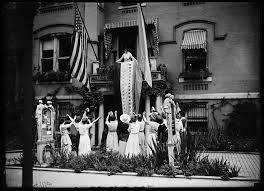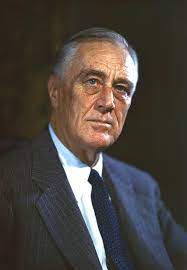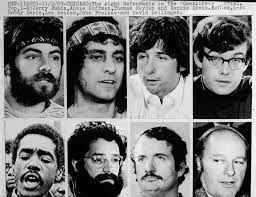On October 19, 1960, the United States imposed a comprehensive embargo on all exports to Cuba, marking a significant turning point in the relationship between the two countries. This embargo was a response to the growing tensions between the United States and Cuba following the Cuban Revolution led by Fidel Castro.
The embargo was a result of the deteriorating diplomatic relations between the two nations. The Cuban Revolution, which culminated in Castro's rise to power in 1959, had brought about significant political and economic changes in Cuba. The new government implemented various reforms, including the nationalization of industries and land, which directly affected American businesses and interests in Cuba.
In response to these changes, the United States began imposing economic sanctions on Cuba. The embargo, announced on October 19, 1960, went beyond previous measures and banned all exports to Cuba, with the exception of food and medicine. This comprehensive embargo aimed to isolate and weaken the Cuban government, hoping to prompt political change on the island.
The embargo had a significant impact on both Cuba and the United States. For Cuba, the loss of access to American markets and goods meant a severe blow to its economy. The country had relied heavily on trade with the United States, particularly in areas such as sugar, tobacco, and tourism. The embargo disrupted these industries and caused widespread economic hardship in Cuba.
The embargo also affected American businesses and individuals with interests in Cuba. Many American-owned properties and assets were nationalized by the Cuban government, leading to financial losses for American investors. The embargo prevented any further economic engagement between the two countries, cutting off potential business opportunities for American companies.
Over the years, the embargo has been a subject of intense debate and controversy. Critics argue that it has been ineffective in achieving its intended goals of promoting political change and democracy in Cuba. Instead, they argue that it has only served to isolate the Cuban people and hinder economic development.
Supporters of the embargo, on the other hand, contend that it is a necessary tool to pressure the Cuban government to improve its human rights record and respect democratic principles. They argue that lifting the embargo without significant political reforms would only benefit the Cuban regime and not the Cuban people.
The embargo has undergone some modifications over time. In 2000, the United States allowed for limited exports of agricultural products and medical supplies to Cuba, providing some relief to the Cuban economy. However, the comprehensive ban on trade and economic engagement remains in place.
In recent years, there have been calls for a reevaluation of the embargo. The Obama administration took steps towards normalizing relations with Cuba, including the reopening of embassies in both countries and easing some restrictions. However, the embargo remains largely intact, as it requires congressional action to be fully lifted.
The embargo on Cuba exports, imposed on October 19, 1960, has had far-reaching consequences for both Cuba and the United States. It has shaped the relationship between the two countries for over six decades and remains a contentious issue. The future of the embargo will continue to be a topic of debate as the United States reassesses its policies towards Cuba.






